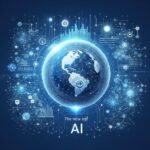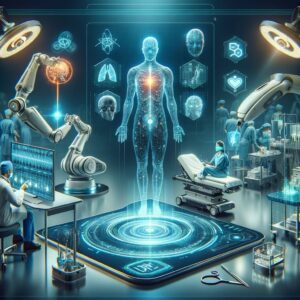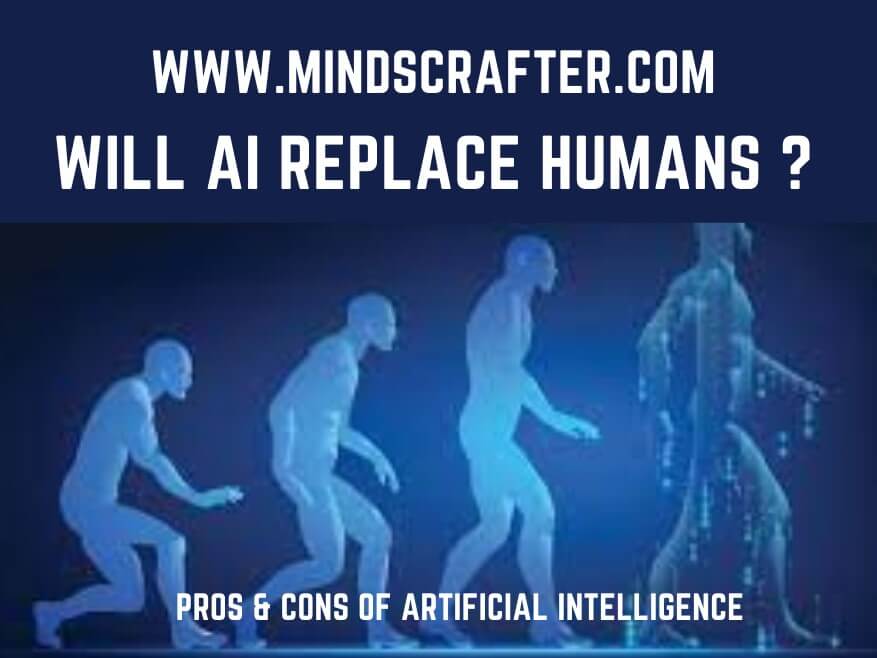Understanding the Future of Artificial Intelligence:
The term “Artificial Intelligence” has been a catchline for decades, but what we are witnessing today is a monumental shift in its capabilities and impact. The new age of AI represents an era where machines not only mimic human intelligence but also enhance, augment, and in some cases, surpass it. This article dives into the depths of the new age of AI, exploring its facets and forecasting its trajectory.
Defining the New Age of AI:

In defining the new age of AI, it’s essential to understand the leaps in machine learning, deep learning, and neural networks. These technologies are the backbone of the current AI revolution. The difference now lies in their advanced processing power, increased data availability, and more sophisticated algorithms.
Technological Advancements in AI:
Recent breakthroughs in AI have been groundbreaking. The development of algorithms that can learn and adapt without human intervention is a significant milestone. These advancements are not just theoretical; they are being applied in various fields, revolutionizing them. AI in daily life is no longer confined to research labs and tech companies. It’s in our homes, workplaces, and phones. From virtual assistants to recommendation systems in e-commerce, AI has seamlessly integrated into our daily lives.
The Economic Impact of AI:
The economic implications of AI are vast. According to some estimates, AI could add up to $15.7 trillion to the global economy by 2030. It’s transforming industries, creating new ones, and reshaping the job market.
AI in Healthcare:
In healthcare, AI is making waves by enabling personalized medicine, improving diagnostic accuracy, and optimizing patient care. The potential for AI to revolutionize healthcare is immense.

Artificial Intelligence in Education
AI’s role in education is evolving. It’s providing personalized learning experiences, aiding teachers, and democratizing education by making quality resources accessible to all.
AI in the Automotive Industry:
Self-driving cars are perhaps the most talked-about application of AI in the automotive sector. However, AI’s role extends to vehicle safety, traffic management, and even design.
The Role of AI in Environmental Sustainability
AI is emerging as a powerful tool in combating climate change. It’s optimizing energy use, aiding in climate modeling, and helping in the development of sustainable technologies. Through predictive analytics and automation, AI is enabling smarter resource management, contributing significantly to environmental conservation efforts.
Future Trends in AI:
Looking ahead, AI is set to become even more integrated into our lives. We can expect to see advancements in AI’s ability to process natural language, understand emotions, and make complex decisions. These developments will further blur the lines between human and machine intelligence.
Challenges Facing the New Age of AI:
Despite the optimism, the new age of AI faces significant challenges. Technical limitations, such as the need for vast amounts of data and computing power, are just the tip of the iceberg. Ethical and societal concerns, including privacy, job displacement, and the potential misuse of AI, pose serious questions that need addressing. One of the most exciting aspects of the new age of AI is its potential to enhance human capabilities. From augmenting creativity to assisting in complex problem-solving, AI can work in tandem with human intelligence to achieve remarkable feats.
The Global Reach of AI:
The impact of AI is not confined to any single region or culture. Its global reach is evident in its adoption across various industries worldwide. This universal applicability of AI speaks to its transformative power.
Conclusion: Embracing the New Age of AI
As we stand at the cusp of a new era in AI, it’s vital to embrace this technology while being mindful of its challenges. The new age of AI offers unparalleled opportunities for growth, innovation, and betterment of human life. Preparing for an AI-driven future requires not just technological readiness but also an ethical and societal framework that ensures its benefits are shared by all.
FAQs About the New Age of AI
- How is the new age of AI different from previous eras of artificial intelligence? The new age of AI is marked by advanced machine learning algorithms, greater data processing capabilities, and practical applications in various industries, making it more integrated into our daily lives than ever before.

